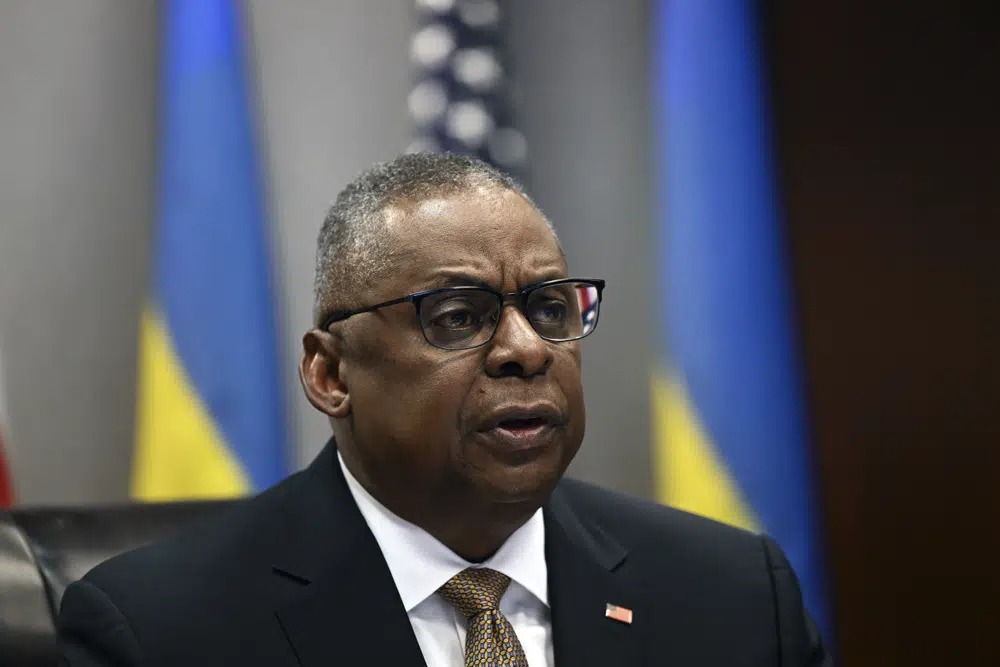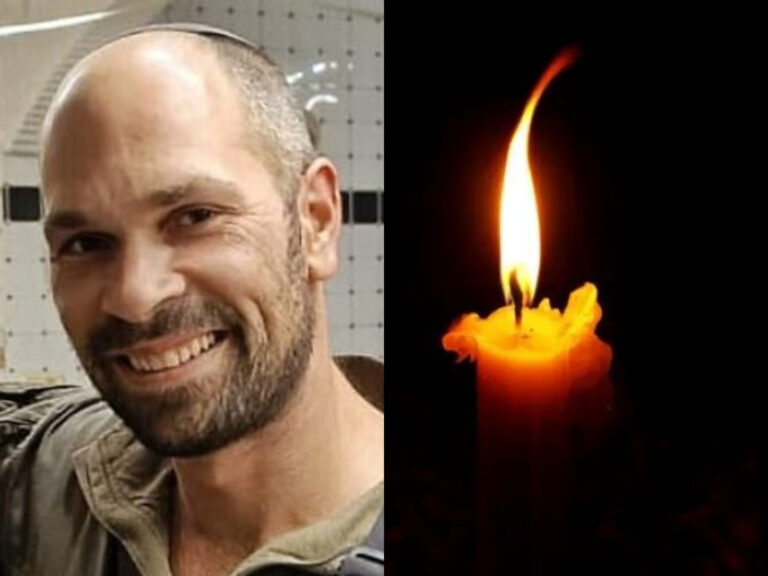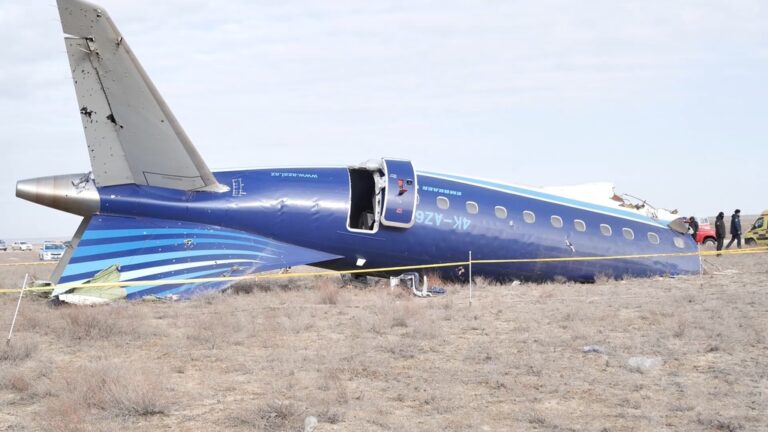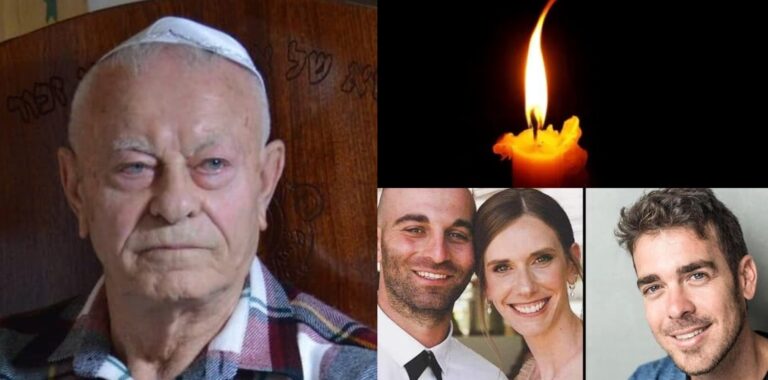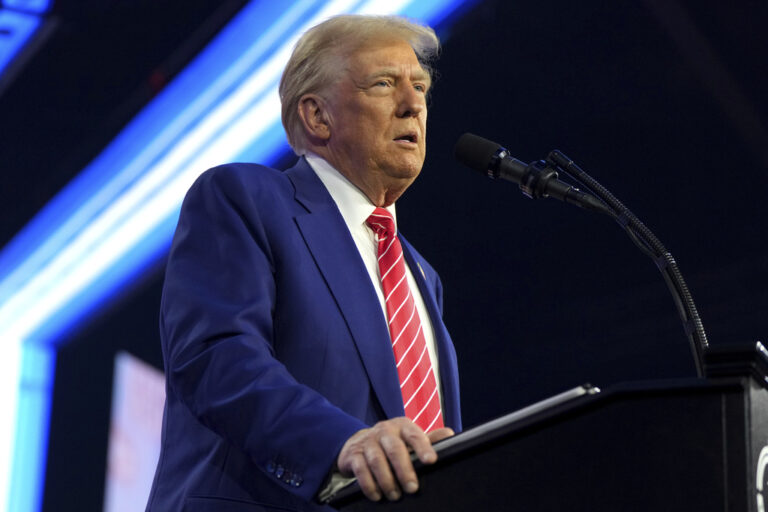Defense Secretary Lloyd Austin said he spoke to his Russian counterpart on Wednesday about the destruction of a U.S. drone over the Black Sea, which had brought the two countries closest to direct conflict since Moscow’s invasion of Ukraine a year ago. It was the first call between Austin and Defense Secretary Sergei Shoigu since October.
“I just got off the phone with my Russian counterpart, Minister Shoigu,” Austin said at a Pentagon press briefing. “As I’ve said repeatedly, it’s important that great powers be models of transparency and communication, and the United States will continue to fly and to operate wherever international law allows.”
The U.S. military said it ditched the Air Force MQ-9 Reaper in the sea after a Russian fighter jet struck its propeller while it was flying in international airspace. Russia has denied that it caused the incident. The U.S. has said it was working on declassifying surveillance footage from the drone that would show Tuesday’s crash.
That Austin and Shoigu were talking underscored the seriousness of the encounter over the Black Sea. Since Russia’s invasion of Ukraine, contact between U.S. and Russian military leaders has been limited, with Russian officials refusing to take U.S. military calls in the early months of the war.
Army Gen. Mark Milley, chairman of the Joint Chiefs of Staff, said he also planned to talk to his Russian counterpart, Gen. Valery Gerasimov, the chief of the General Staff of the Russian armed forces.
Gerasimov was named the new commander of the Russian forces in Ukraine in January and its previous commander demoted in an apparent sign of Russian President Vladimir Putin’s dissatisfaction with the state of the war, which has been stalemated.
There were still questions as to whether Russia meant to down the drone, even though the moments that led up to its crash were “intentional,” Milley said.
“We know that the intercept was intentional. We know that the aggressive behavior was intentional,” Milley said. However, whether the collision itself was intentional was still unclear, he told reporters at the briefing.
Milley said the drone likely sank in waters that were 4,000 to 5,000 feet (1,200 to 1,500 meters) deep.
If the call between Austin and Shoigu was de-escalatory in private, it was not apparent from Russia’s public statements.
Russian Foreign Minister Sergey Lavrov told reporters earlier Wednesday that Russia has declared certain areas of the Black Sea off-limits to any aerial traffic during the conflict and suggested the U.S. was trying to provoke an escalation through the flights. The drone crashed near Ukraine’s Crimean Peninsula, which Russia seized in 2014 and illegally annexed.
“Any incidents that could provoke confrontation between the two great powers, the two largest nuclear powers, raise very serious risks,” Lavrov said.
Austin and Shoigu first spoke about Russia’s invasion of Ukraine in May 2022. At the time it was the highest level U.S.-Russian contact of the war.
In October, they spoke twice in three days as the threat of an escalation was high. Shoigu had accused Ukraine of planning to use a dirty bomb, a claim that was strongly rejected by U.S. and Western allies, who accused Russia of seeking a false pretext to justify further escalation, potentially including the use of a tactical nuclear weapon.
The downed $32 million U.S. drone, which contains sensitive technology, has not been recovered. The U.S. does not have military ships operating in the Black Sea, which has been closed since early 2022 to military vessels that do not have a home port along its shores.
U.S. officials said Russia has already sent ships to the area and attempted to recover pieces of the drone. The officials spoke on the condition of anonymity because they were not authorized to speak publicly on the matter.
(AP)

